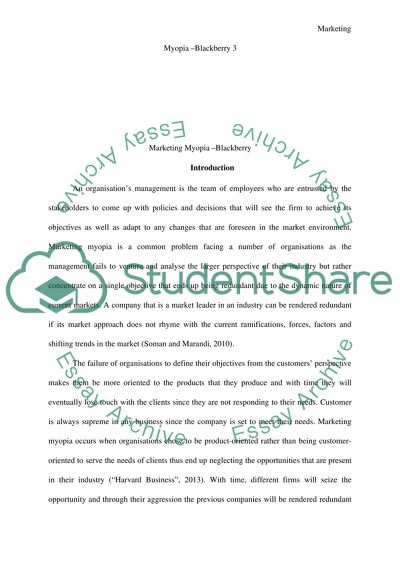Cite this document
(Marketing Myopia Blackberry Term Paper Example | Topics and Well Written Essays - 2000 words - 7, n.d.)
Marketing Myopia Blackberry Term Paper Example | Topics and Well Written Essays - 2000 words - 7. Retrieved from https://studentshare.org/marketing/1689556-marketing-management
Marketing Myopia Blackberry Term Paper Example | Topics and Well Written Essays - 2000 words - 7. Retrieved from https://studentshare.org/marketing/1689556-marketing-management
(Marketing Myopia Blackberry Term Paper Example | Topics and Well Written Essays - 2000 Words - 7)
Marketing Myopia Blackberry Term Paper Example | Topics and Well Written Essays - 2000 Words - 7. https://studentshare.org/marketing/1689556-marketing-management.
Marketing Myopia Blackberry Term Paper Example | Topics and Well Written Essays - 2000 Words - 7. https://studentshare.org/marketing/1689556-marketing-management.
“Marketing Myopia Blackberry Term Paper Example | Topics and Well Written Essays - 2000 Words - 7”, n.d. https://studentshare.org/marketing/1689556-marketing-management.


